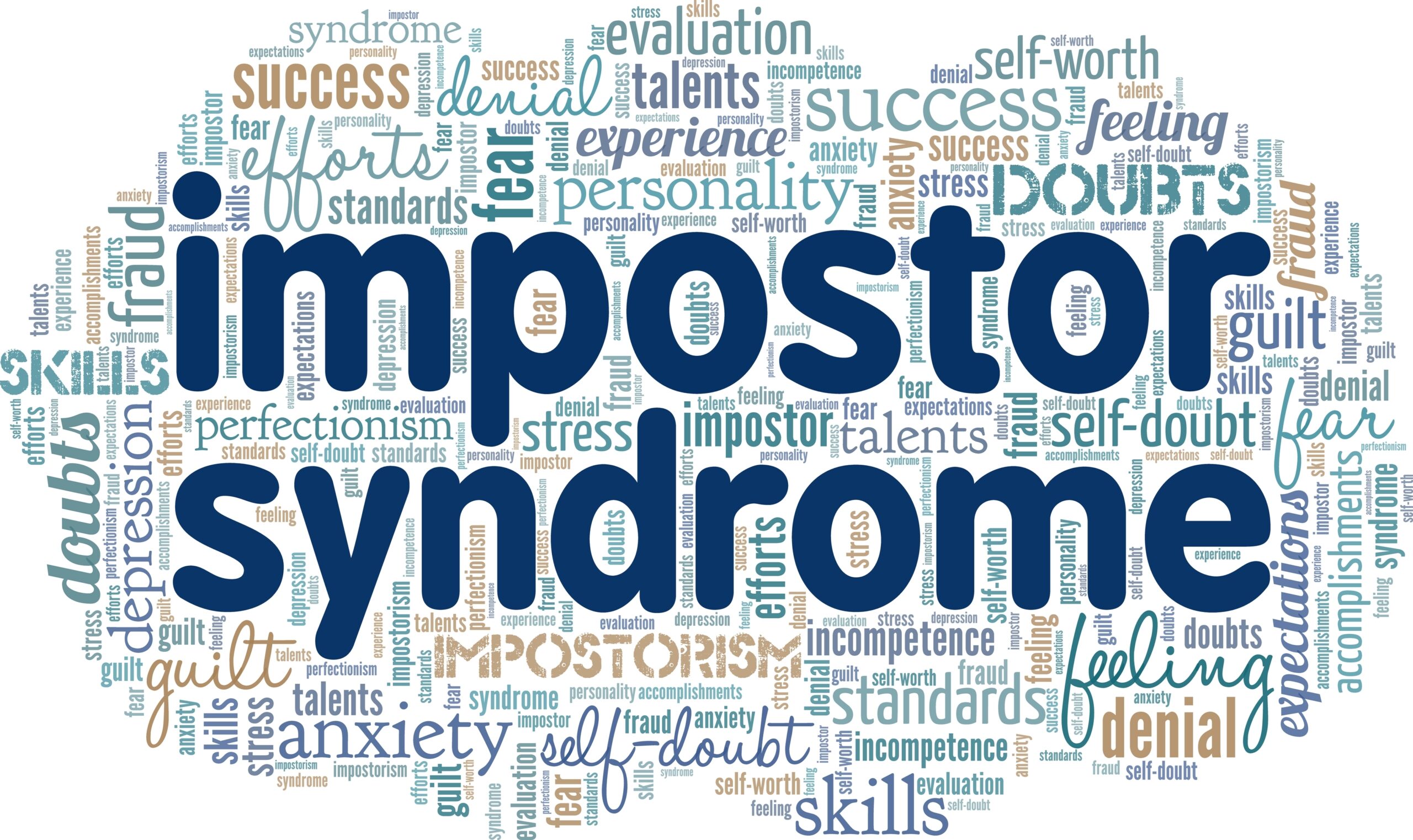Breaking Down the Impact of Procrastination, Emotional Dependency, and Impostor Syndrome
Breaking Down the Impact of Procrastination, Emotional Dependency, and Impostor Syndrome
Blog Article
In our daily lives, we often encounter psychological obstacles that affect our well-being and success. Among the most common issues are o que é procrastinacao procrastination, emotional dependency, and frases sobre dependencia emocional impostor syndrome. These problems not only disrupt personal and professional life, but addressing them can lead to significant personal improvement.
In this article, we’ll explore what these issues are, how they develop, and effective strategies to manage them. With the right insights, you can take control of your habits and live a more fulfilling life.
The Definition and Causes of Procrastination
Procrastination refers to the act of delaying tasks that are important. This behavior is often linked to emotional and psychological factors.

Research shows that procrastination stems from how our minds prioritize instant gratification over long-term benefits. People often procrastinate when they feel unmotivated or overwhelmed. Recognizing these triggers is essential to addressing the issue effectively.
How Emotional Dependency Affects Relationships
Emotional dependency occurs when someone relies heavily on others for approval, validation, or support. While building relationships is fundamental, excessive emotional dependency can harm both the individual and the relationship.
People with emotional dependency often feel insecure without constant reassurance. This behavior often stems from childhood experiences, such as a fear of abandonment or low self-esteem. Therapy and self-reflection can help foster healthier, more independent relationships.
The Effects of Impostor Syndrome on Self-Confidence
Impostor syndrome refers to the internalized fear of being exposed as a fraud. Despite achieving success, individuals with impostor syndrome doubt their own abilities.

This mindset can lead to chronic stress, low self-confidence, and missed opportunities. Studies have found that addressing impostor syndrome requires practicing self-compassion and recognizing personal achievements.
Practical Tips for Personal Growth
If you want to improve your habits and mindset, consider implementing the following strategies:
- For procrastination: Set small, manageable goals and use tools like to-do lists or time-blocking techniques.
- For emotional dependency: Focus on building self-esteem through activities like journaling, therapy, or mindfulness practices.
- For impostor syndrome: Keep a journal of your achievements and seek support from trusted mentors or peers.
depedencia emocional
Consistency is vital—practice these techniques daily to achieve sustainable results.
Conclusion: Taking Charge of Your Mental Habits
These common psychological challenges can be overcome with dedication and the right tools. When you take proactive steps to address these issues, you can achieve significant personal growth.
Begin today—choose one strategy from this article and commit to making gradual progress. Over time, you’ll see improvements in your mindset and daily life.
Report this page